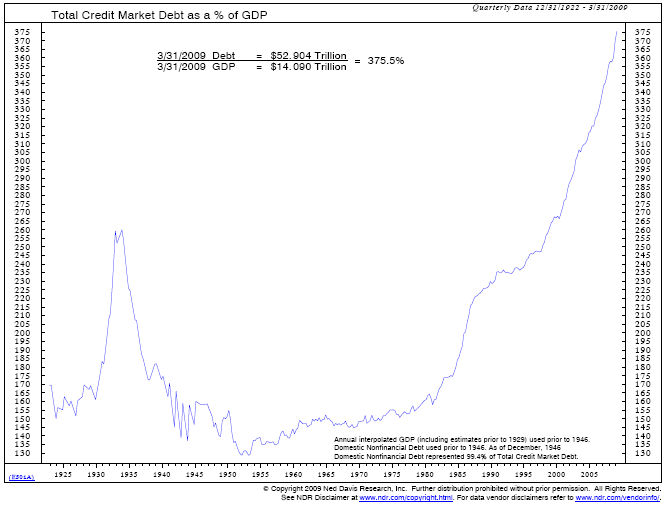It's very kind of you to say that, and I appreciate it. Thank you.
You turned me on to a lot of the detailed stuff, especially what
happened in the 1850s, which is very relevant to what's been
happening in this decade.
But I remember when I started digging into the CDOs, and later the
auction rate securities. I just couldn't believe that such
hare-brained nonsense was now a fundamental part of our financial
system. Up to that point, I thought the housing bubble was just that
-- an ordinary bubble. But anyone with half a brain who looks at CDOs
and ARSs quickly understands that there's massive fraud going on, and
that was apparent years ago.
That's when I really started to get both sick and furious. I still
get sick when I see some of these people. Yesterday I saw Stiglitz
on tv, who is one of the slimiest people around and an architect of
the financial crisis, and watched him as long as I could stand him.
And Krugman is one of the stupidest people on the scene. I'm furious
at these people -- not only because I hold them responsible as the
architects of the current disaster, but because their lives are
now devoted to gaining as much money and publicity from blaming
others for their own crimes. You have Robert Rubin from the Clinton
administration, Henry Paulson from the Bush administration, and Larry
Summers from the Obama administration -- all of them made many
millions of dollars as perpetrators of this massive fraud, and
they're still running things. They don't give a damn about anything
but saving their own asses.
Now that I've gotten started on this rant, we have to remember that
the financial crisis was executed by the people still in charge today
at Citibank, Bank of America, Goldman Sachs, etc. On the one hand,
these people are fucking over their own customers by reducing credit
and charging 25-30% interest rates. On the other hand, they're
paying themselves million dollar bonuses.
And why are they paying themselves million dollar bonuses? This is a
point that you never hear mentioned in the mainstream media. Why are
they so afraid of losing these employees? The more I think about
this, the more I keep coming back to the same reason. The employees
they're afraid of losing are the criminals who perpetrated the fraud,
and if one of those employees left, he might cooperate with
authorities in bringing criminal charges against the firm he left. In
other words, the ones who are receiving million dollar bonuses are
self-identifying as the ones should go to jail.
Here's something that's good for a laugh:
So you have criminals at Goldman Sachs, Citibank, BoA, etc., who made> Goldman Sachs CEO Lloyd Blankfein is telling employees of the
> powerful bank to avoid displays of conspicuous consumption, the
> New York Post reports.
> Goldman has faced a spate of bad press of late, including a
> Rolling Stone article casting it as "a great vampire squid wrapped
> around the face of humanity, relentlessly jamming its blood funnel
> into anything that smells like money" and a New York magazine
> piece asking if the company is "evil." (See "The Shine Comes Off
> Of Goldman Sachs" for more.)
> Blankfein appears to be trying to stem the tide by convincing
> employees to keep a low profile – and maybe put off buying that
> fancy new mansion until the economy has improved.
> http://www.cbsnews.com/blogs/2009/08/04 ... ?tag=stack
millions selling CDOs and ARSs, still making millions in bonuses,
still thinking up new financial scams (like "cap and trade" and
"universal health care"), still fucking their own customers, and
worrying about PR efforts to stem "conspicuous consumption," so that
people won't hate them. This is such debauched, perverted behavior
that it's hard to even describe.
I've mentioned in the past that all the anti-bank rhetoric that we're
hearing today is very familiar to me, because I used to hear it from
my parents and my teachers in the 1950s, and now we can really see
why. If Blankfein thinks that a PR effort is going to change
people's attitudes towards Goldman Sachs, then he can take his PR
effort and shove it up his ass.
Whew! That's quite a "stream of consciousness" road I just traveled
-- from a simple discussion of Mike Alexander to expletives about
Goldman Sachs. Hmmmm. How much do I have to tone this down when I
post it on the web log?
John
